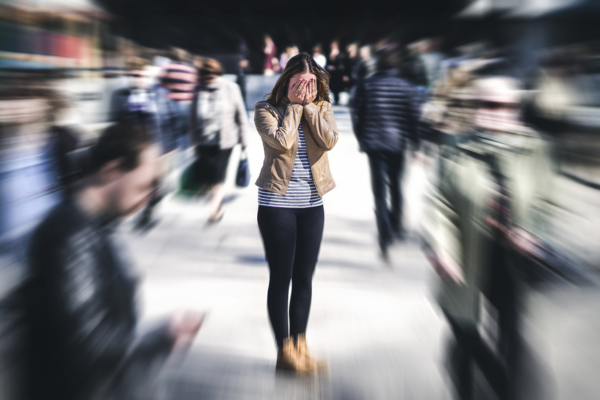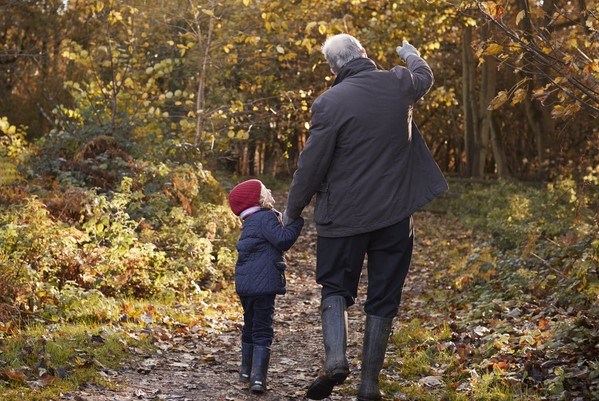By taking the time to be kind to others, we can benefit from the emotional upsides. It can really make a difference, especially for people who are vulnerable, lonely or struggling.
Nia Charpentier, BACP member and counsellor in private practice, says that kindness is interlinked with our mental wellbeing in many ways.
“If we assume the people around us are not kind, how does that change how we interact with them? Does this then impact on our relationships, and how connected we feel and ultimately our overall emotional wellbeing?
“We can get entrenched in a belief system that doesn’t serve us, and this is something a counsellor can help you explore.”
Feel good factor
Our member, supervisor and therapist Eve Menezes Cunningham says: “In a nutshell, doing what helps you feel good literally helps your nervous system to enable you to thrive. Also, feeling positive emotions like awe, pride, hope, love and joy boosts natural performance enhancing hormones (like dehydroepiandrosterone) and while helping us feel even better, also reduces stress.”
Kindness has a ripple effect
Eve also says that being kind can have a ripple effect.
“The more you take care and are kind to yourself, the more that self-compassion ripples out to others and can have a positive impact on your loved ones, community and the world,” she adds.
“Kindness to ourselves and others helps us to give others the benefit of the doubt. Little acts of kindness can have an enormous ripple effect and doing what feels wholehearted and genuine can be a boost for your own mental wellbeing as well as the recipients.”
Kindness is not about people pleasing
Nia says that people pleasing and kindness can get conflated. She adds: “But the difference is how you feel in an interaction with someone. If the idea of kindness to a particular person makes you feel resentful, or like it’s an obligation, then you might be engaging in people pleasing behaviour and might struggle with boundaries.
“Kindness is more about an authentic desire to make a positive difference, and generally feels good. Sometimes we want to be kind and may not know what to do. But remember kindness is not necessarily about fixing a problem. There is such power and kindness in simply listening and empathising or saying to someone “That sounds really hard what you’re going through.”
Think about how you speak to yourself
Eve says being kind to yourself is the most important part and can be the most challenging, especially in how you talk to yourself.
“I often encourage clients to imagine they’re a beloved kitten, puppy, lizard or toddler and to talk as gently and lovingly to themselves as they would their beloved creature.
“Our tone of voice has an enormous impact on how we feel as it can contribute to how safe or unsafe we feel in the world. For many of us, even if we had the most well-intentioned parents in the world, we received more criticism than praise as they raised us to go out into the world.
“We naturally internalise this and stop needing other’s harsh voices but it’s never too late to reparent ourselves. Ask yourself what you would do – in any situation – if you genuinely loved yourself. And do that. Build those habits. Transform your life.”
Accept compliments
Nia agrees: “Kindness to yourself is hugely important for your mental health. Try this exercise - The next time a good friend pays you a compliment, simply say ‘thank you, that’s kind of you to say’. Don’t shrug it off or bat it away. Accept the compliment and notice how it feels. It’s a small act of kindness to yourself.”
If you’re struggling with your mental health and wellbeing, you can find a qualified counsellor or psychotherapist who can help you by searching our therapist directory.

How to beat stress: 7 tips from therapists to reclaim your inner peace
We asked our members what stress is, why it happens and what you can do to help.

Change your winter mindset
Our members explore how a different mindset can teach us to see winter as a special time to be enjoyed and not endured

Winter wellbeing and mental health tips
Our members share tips and advice on how to manage your winter wellbeing
